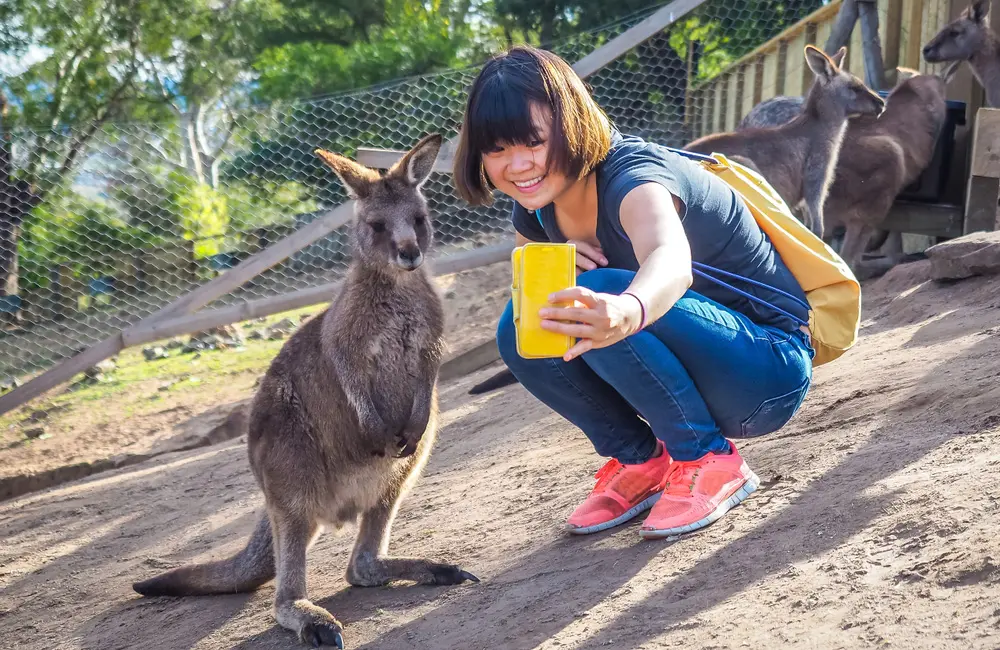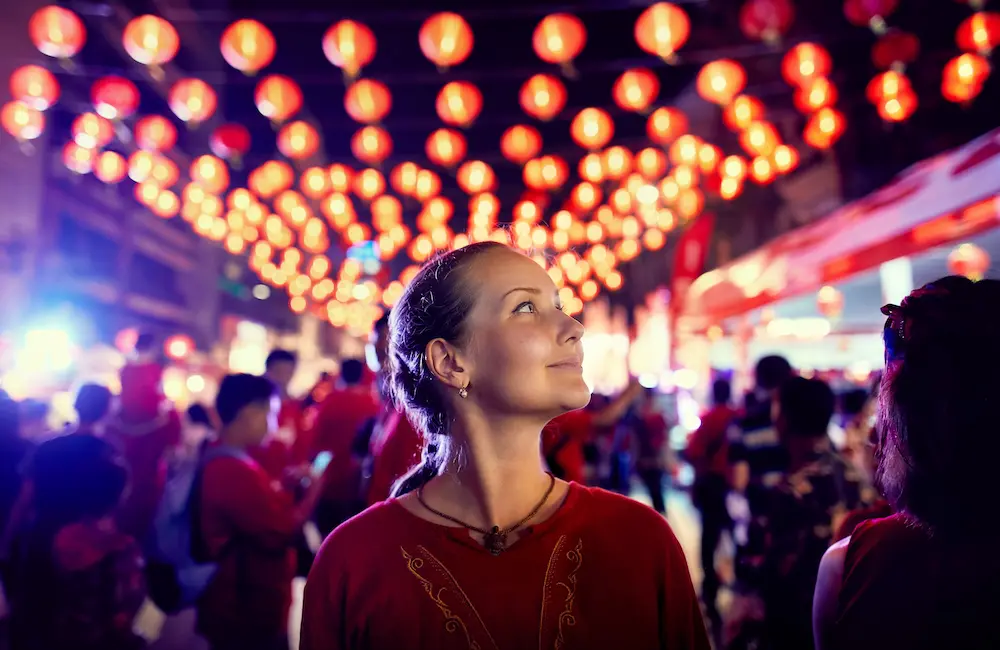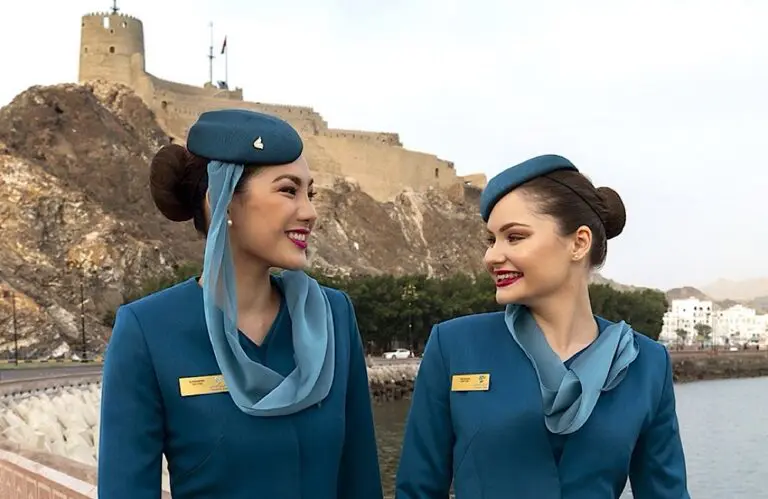China will double the length of visa-free stays for Australians, in a massive boost to travel to the country.
In June this year, during a visit to Canberra, Chinese Premier Li Qiang announced the Asian nation would include Australia in its visa waiver program, a move predicted to streamline travel and tourism to China. That was for 15 days.
Today, the Chinese Embassy in Canberra announced China would allow Aussie travellers to stay in the country for a maximum of 30 days without a visa.
What does that mean for Australian holidaymakers and other travellers? The opportunity for longer, or less rushed, stays in a country as diverse as any in the world – and a destination that frankly warrants longer visits.

The highly-anticipated visa-free travel period will commence on 30 November 2024 and run until 31 December 2025 – unless it is extended.
According to the Department of Foreign Affairs and Trade (DFAT), “If you hold an ordinary Australian passport, you can enter China without a visa for no more than 30 days for business, tourism, visiting family and friends or transit”.
Only holders of official and diplomatic passports will still need to apply for a visa before travelling to China.
However, strict penalties will remain in place for visa violations, including fines imposed for each overstayed day, including if you’re in detention, and detention from five to 30 days.
Tour operator reacts

One of Australia’s largest tour operators in China, Wendy Wu Tours, has welcomed the announcement, calling it a “gamechanger” for the destination.
Wendy Wu Tours has been a vocal proponent of visa-free travel to the country, which should simplify travel to a country that has been crying out for more visitors since it reopened after the pandemic.
“This is an incredibly exciting announcement for Australian travellers eager to explore the cultural and natural wonders of China,” Wendy Wu Tours Australia Managing Director Simon Bell said.
“Extending the visa-free period to 30 days provides even more opportunities for immersive and meaningful travel experiences.
“Wendy Wu Tours has been at the forefront of showcasing China’s beauty, and this change ensures that even more Australians can rediscover its many treasures with ease.”
Beyond China

The move could also have implications for inbound tourism.
In June, Premier Li Qiang confirmed an agreement on two-way access to long-term multiple-entry visas for tourism.
In a statement, he said that the two nations would look to “strengthen exchanges and cooperation” across multiple sectors including “science and technology, culture, sports, education, academia, aviation, health” and of course, tourism.
And more travel to China could mean more air capacity between Australia and the Asian nation, which could lower pressure on airfares to Asia, and even globally.






